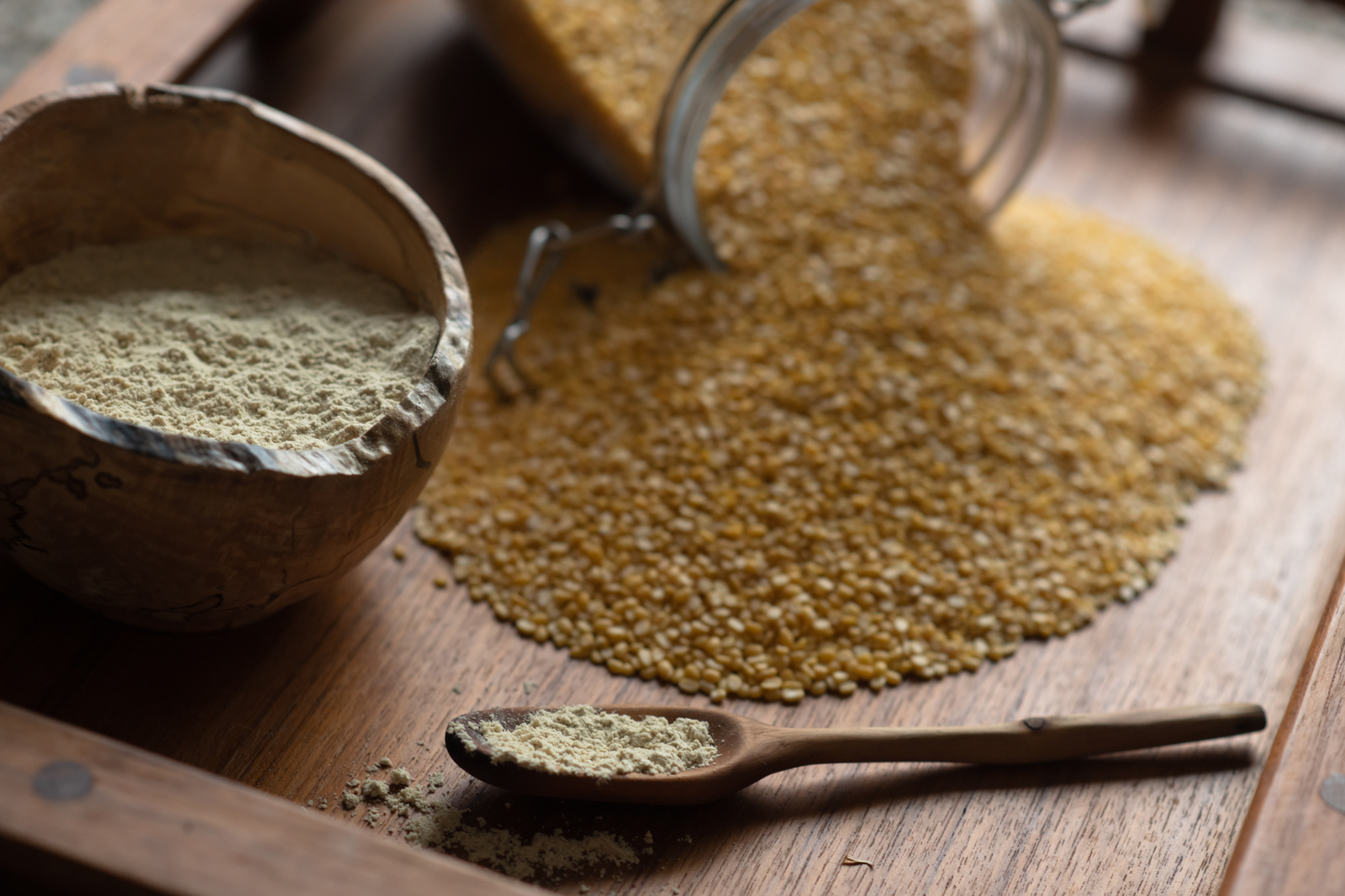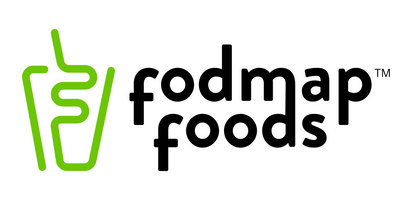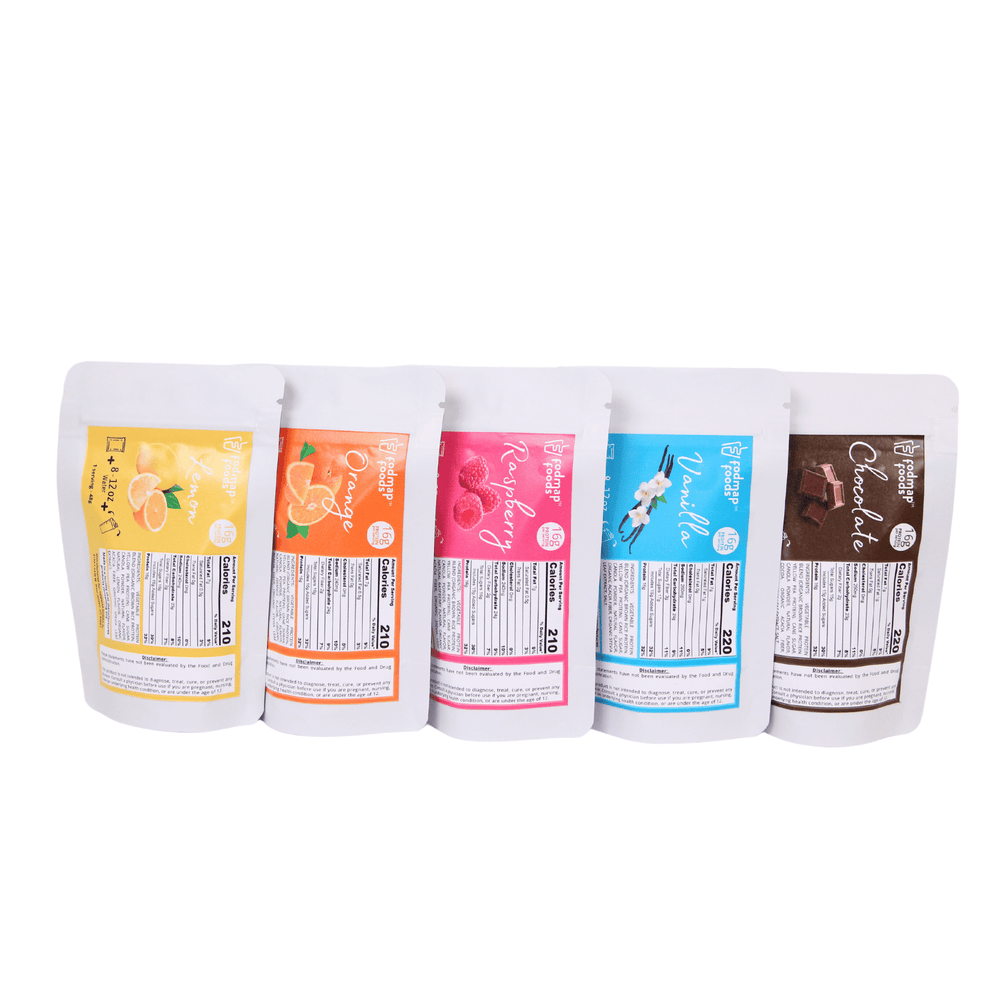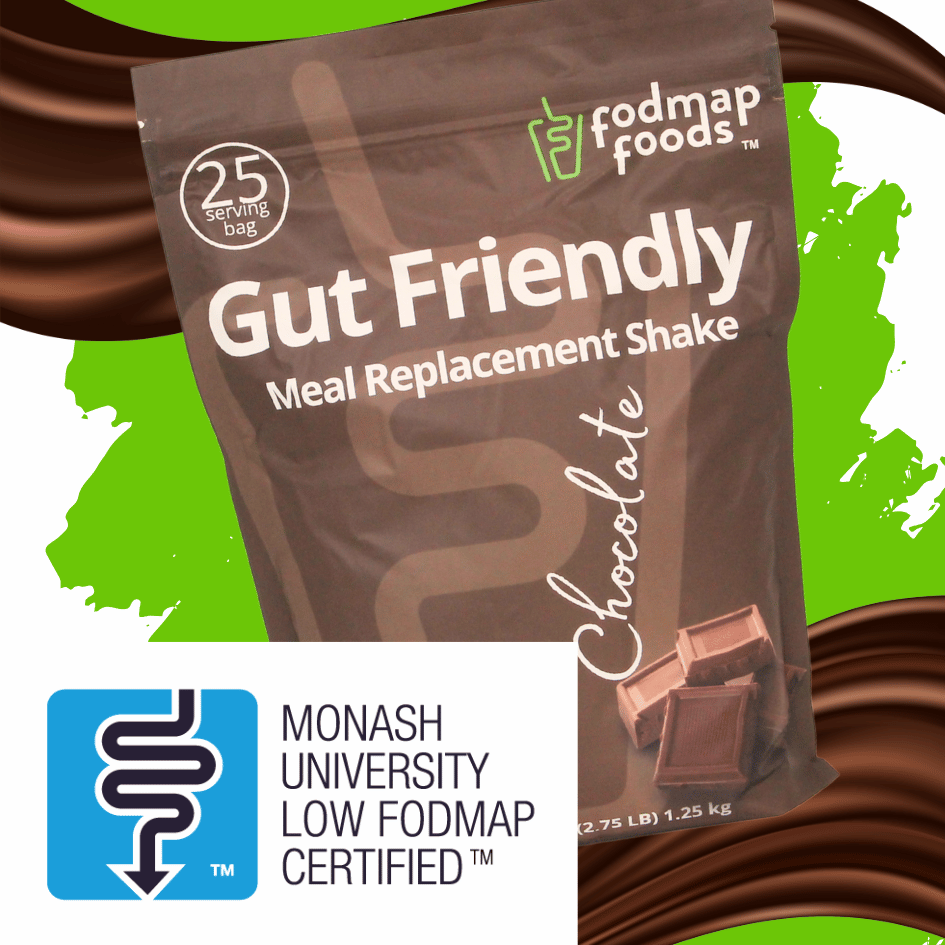Whey vs Plant Protein

Why use plant protein and not whey?
Plant proteins, like pea and rice, are two of the most common vegan proteins on the market today. Whey was the original protein supplement. Currently, plant and whey proteins are widely available. Protein supplements are used by athletes and fitness enthusiasts to support muscle growth, recovery, and overall health. Protein shakes are becoming popular for dieting and weight loss as well as quick meals. Both plant and whey protein provide high-quality protein, but there are some key differences between plant and whey protein.
Differences
Source
Whey protein is derived from milk, typically extracted during the chess and yogurt making process. Plant protein is, as the name implies, from plants. Pea protein is typically made from yellow split peas. Rice protein is purified typically from brown rice. Proteins can be sourced from around the world.
Digestibility
Whey protein is highly digestible, with a high biological value (BV) which means it is efficiently absorbed and utilized by the body. Plant protein is also highly digestible, but has a lower BV compared to whey protein. This means you do not absorb the plant protein as well as the whey protein.
Amino acid profile
Whey protein is a complete protein, meaning it contains all nine essential amino acids the body needs but cannot produce on its own. On the plant protein side, pea protein is also a complete protein, but is lower in certain amino acids like methionine and cysteine. Rice protein is often used to complement pea protein. This keeps the protein a p product while boosting the needed amino acids. The combination of these two proteins creates a complete amino acid profile.
Allergies
Allergies may be one of the main reasons to pick plant protein. Whey protein is refined out of the milk. The processing techniques vary on the s of removing all the lactose sugar, which can be an issue for people who are lactose intolerant or have a dairy allergy. Plant protein is dairy-free and lactose-free. Making it a suitable option for people with lactose intolerance or dairy allergies.
Sustainability
Pea protein is considered to be more sustainable than whey protein, as it requires less water and other resources to produce. For example, a cow that is producing milk to be sold in the store can drink 30-50 gallons of water a day if available. Can you imagine how much medium sized dairy with hundreds of cows uses?
Price
Pea protein tends to be slightly more expensive than whey protein, but this can vary depending on the brand and the specific product.
So which protein is better?
In summary, while both pea and whey protein are high-quality sources of protein, they have some key differences; in their source, digestibility, amino acid profile, lactose content, sustainability, and price. The best option for an individual will depend on their specific needs and preferences. For a person with gut sensitivities, plant protein is on the FODMAP diet and a safe choice.








Leave a comment